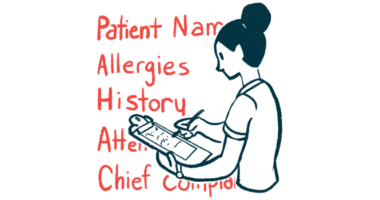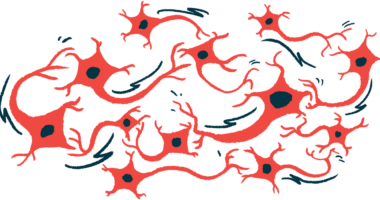BrainStorm Adds Canadians to U.S. Trial of Its ALS Stem Cell Therapy

BrainStorm Cell Therapeutics is adding Canadians to a Phase 3 U.S. clinical trial of its ALS stem cell therapy NurOwn.
It decided to add the Canadians when a number of them expressed interest in participating, BrainStorm said.
The trial (NCT03280056) is investigating the safety and effectiveness of repeated doses of NurOwn. The Canadians’ trial site will be at the University of Massachusetts.
BrainStorm takes stem cells from patients’ bone marrow, then modifies them to generate neurotrophic factors — small proteins that support nerve cell growth and survival. The cells are then returned to the patient, so that nerve cells can absorb the neurotrophic factors.
Researchers plan to enroll up to 200 ALS patients. The trial is being conducted at six U.S. sites.
The trial’s primary objective is to improve patients’ scores on the ALS Functional Rating Scale. It assesses the progression of ALS by looking at patients’ ability to engage in daily activities.
Trial participants will include subgroups of ALS patients who responded particularly well to NurOwn in a Phase 2 study (NCT02017912). Key results of the Phase 3 trial are expected in 2019.
“We are pleased to open enrollment to Canada-based ALS patients,” Chaim Lebovits, the president and chief executive officer of BrainStorm Cell Therapeutics, said in a press release. “Although there are thousands of patients worldwide with ALS, we initially designed the Phase 3 trial to enroll U.S.-based patients only, primarily to make it easier for patient follow-up visits at the six U.S. clinical sites. However, due to an outpouring of inquiry and support from Canadian patients wanting to enroll in the trial, we filed an amendment with the FDA [the U.S. Food and Drug Administration] to allow Canada-based ALS patients to participate.”
The Phase 2 U.S. trial was one of three that BrainStorm completed in the United States and Israel. It assessed NurOwn’s safety in 48 ALS patients.
An indication of its effectiveness was that patients responded better to NurOwn than a placebo, results showed. In addition, the therapy was safe, and patients tolerated it well.
The other trials, a Phase 1/2 study (NCT01051882) covering 12 patients and a Phase 2a study (NCT01777646) covering 14, took place in Israel. The two looked at the safety of two ways of administering NurOwn, as well as signs of effectiveness.
An article in the journal JAMA Neurology reported that the treatment was safe, with side effects mild and temporary.
It also led to improvements in patients’ ALS Functional Rating Scores and in a measure of lung function known as forced vital capacity, researchers said.






